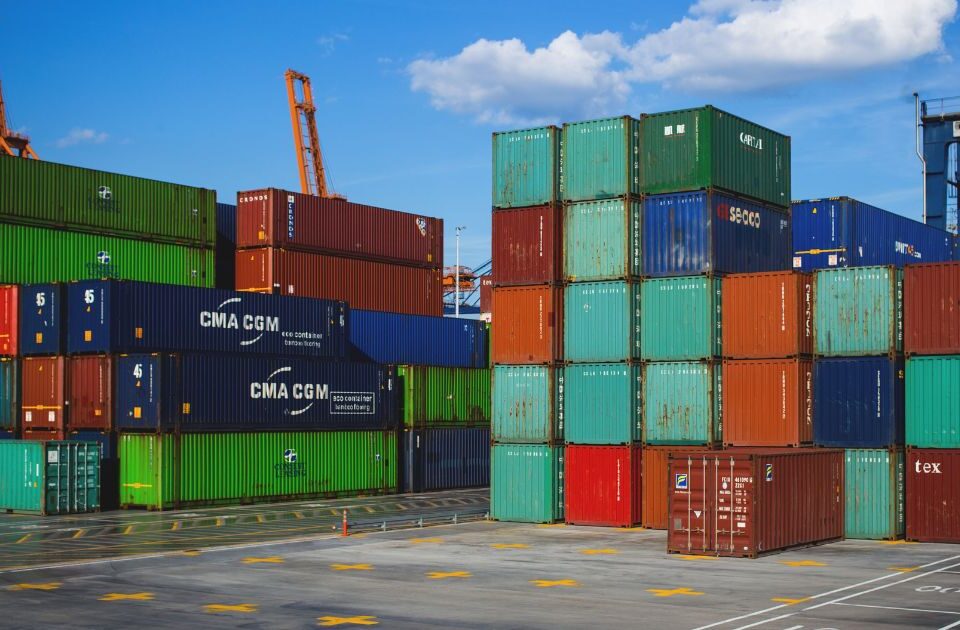
Cybersecurity Incident Reporting
April 30, 2024
USTR Hikes Some 301 Tariffs and Announces New Limited Exclusion Process
May 15, 2024Global Business Identifier Test Is Looking For Participants
US Customs and Western Overseas are looking for importers and their supply chain to be at the forefront of change by becoming participants of the Global Business Identifier Test.
Overview:
The Global Business Identifier (GBI) Test examines the functionality and effectiveness of identifiers as a tool to improve U.S. government visibility into imports and facilitate supply chain traceability amid a trading system that is increasingly complex, globalized, and comprised of multiple actors. CBP is exploring a wide realm of GBI use-cases as part of this effort including assessing the potential for identifiers to address data gaps caused by the outmoded Manufacturer/Shipper Identification number (MID) requirement and identifying opportunities for CBP, Partner Government Agencies (PGAs), and the trade industry to leverage identifiers more broadly to comply with emerging supply chain traceability demands.
GBI Test:
The GBI Test involves real-world implementation of identifiers within the Automated Commercial Environment (ACE) to gather insight and feedback from participants. Since ACE first began accepting GBI data from trade partners in December 2022, there have been several enhancements to the GBI Test communicated through updated Federal Register Notices (FRN). The latest FRN was issued on February 12th, 2024, and can be found here.
Under the test, the trade can voluntarily submit one or more of the following three identifiers for certain party types on an entry (manufacturer, shipper, seller, exporter, distributor and packager):
- The Global Location Number (GLN) from GS1
- The Data Universal Numbering System (DUNS) from Dun & Bradstreet (D&B)
- The Legal Entity Identifier (LEI) from the Global Legal Entity Identifier Foundation (GLEIF)
Throughout the course of the GBI Test, CBP will consider whether and how these three identifiers, alone or together, are capable of addressing CBP’s supply chain visibility and traceability goals. Moreover, CBP will examine whether the identifiers submitted to CBP during the GBI Test can be verified, reducing uncertainties that may be associated with the information related to shipments of imported merchandise.
Benefits to the Trade:
GBI Test participants are at the forefront of change, informing customs adoption of supply chain traceability solutions to support a new era of trade. With an eye toward the future, GBI Test participants file identifiers to improve supply chain visibility, enable more efficient customs procedures, and benefit from more secure, streamlined, cost-effective trade operations.
- Streamlined Facilitation: Identifiers provide CBP with more valuable data on imports to better assess and identify low risk and highly compliant imports, better positioning the agency to efficiently process lawful goods and focus resources toward preventing violative trade from entering the U.S.
- Secure Supply Chains: Identifiers assist the trade industry with authenticating and verifying supply chain actors, helping companies to manage risk in their supply chains and ensure compliance with emerging requirements and mandates.
- Whole-of-Customs Coordination: Identifiers could be leveraged by CBP and PGAs to drive harmonized risk decision-making across the U.S. government—thereby enhancing predictability, lowering costs, and creating opportunity for additional facilitation benefits for compliant trade.
- Shape the Future of GBI-Enabled Traceability: Participant feedback shared throughout the GBI Test will inform the ongoing evolution of GBI, including enhancements to better meet industry and governments’ supply chain traceability needs.
How to Participate in the Test:
Importers of record and licensed customs brokers seeking to participate should email compliance@
Importers:
- Obtain identifiers from manufacturers, shippers, sellers, exporters, distributors, and/or packagers



